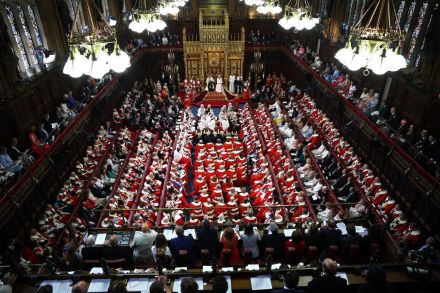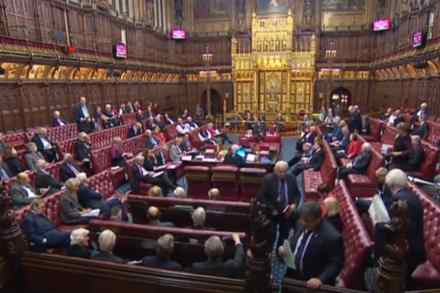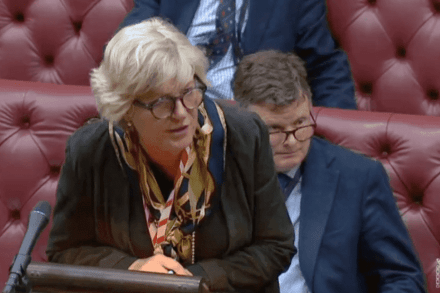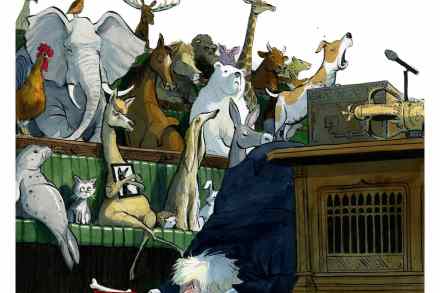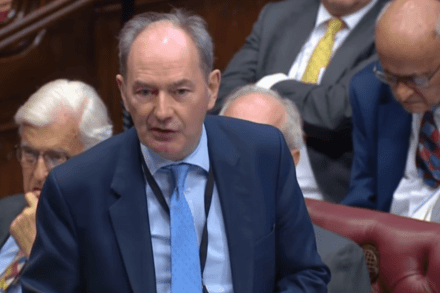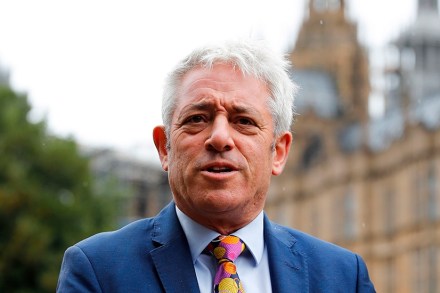Letters: Bring back mutton
Man out of time Sir: That Mary Wakefield left Rowan Williams ‘with my questions for the most part unresolved’ will come as no surprise to his former students, myself included (‘The ABC of faith’, 19 April). As a ‘mature’ student at Cambridge, there was something very inspiring about Williams the academic, but also comfortingly peaceful about the man; someone always on the journey of discovery and therefore reluctant on many issues to be dogmatic or final about them. His genuine surprise at how the real world operated one easily forgave; his naive approach to other issues, such as Islam, was dangerous but never disingenuous. As an Arabist I did find





